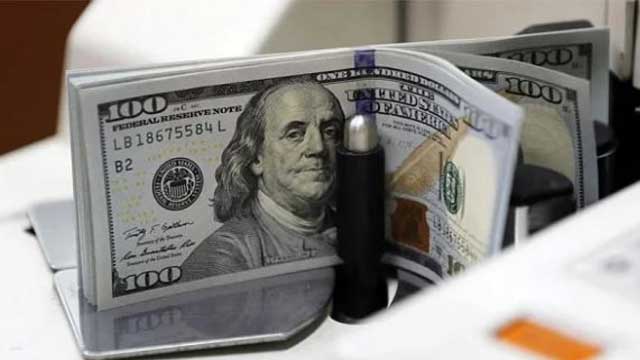Remittance inflow into Bangladesh hit a 41-month low in September due to the allegation of increased hundi and money laundering activities ahead of the national elections.
The figures dropped from $1.59 billion in August to $1.34 billion, marking the lowest since April 2020, when the Covid-19 pandemic prompted a global and domestic shutdown.
In September, remittance inflow declined for the third month after Eid-ul-Azha, an occasion when expatriates usually send a significant portion of their savings to their family members to meet Eid-related expenses.
Eid-ul-Azha, one of the biggest religious festivals of Muslims, was celebrated in the country on June 29.
Experts said that hundi and money laundering activities usually increase ahead of national elections to safeguard assets.
Remittance inflow plunged to $3.62 billion in September-December 2018 from $3.86 billion in July-September 2018 and $4.22 billion in April-June 2018 before the past national elections.
Ahsan H Mansur, the executive director of the Policy Research Institute of Bangladesh, told New Age that the primary cause for the substantial drop in remittance inflow was the surge in money laundering activities preceding the national election.
Individuals opt to send money abroad through hundi, an informal dollar trading system, amid uncertainty over the election outcome.
Mansur feared a substantial ramification of the decline, saying that it would potentially exacerbate the dollar crisis and create complications in foreign exchange reserve management and balance of payments.
Business leaders are expected to grapple with ongoing challenges in obtaining letters of credit and managing imports amidst the deteriorating dollar crisis, he said.
Bankers noted that informal channels for remittance had gained popularity due to foreign exchange market instability, offering more favourable exchange rates for foreign currencies compared to formal channels.
The interbank exchange rate of the US dollar soared to Tk 110.5, while the dollar rate was Tk 117–118 on the kerb market.
Bankers said that the use of illegal channels, like hundi, for remittance was identified as a major factor contributing to the ongoing dollar crisis in the country’s financial market.
Zahid Hussain, the former lead economist of the World Bank’s Dhaka office, emphasised that the primary factor driving this decline in remittances was the escalation of dollar trading in the informal channels.
He attributed the surge in illegal trade to the substantial price gap between the formal and informal markets for the dollar.
Zahid further highlighted that recent enforcement actions against money exchange houses and banks might have aggravated the situation.
These entities were previously trading dollars at higher prices, but disciplinary measures now restrict them, leading to a shortage in the supply of dollars.
According to Zahid, since both parties are unwilling to offer higher prices within formal channels, remitters have turned to informal trading in order to secure better rates.
The inward remittance increased marginally to $21.61 billion in the past financial year of 2022–23, compared with $21.03 billion in the previous financial year, according to BB data.
Remittances experienced a sharp fall from $2.09 billion in July 2022 to $1.52 billion in October 2022.
It managed to recover and exceed the $2 billion mark again in March 2023, ahead of Eid-ul-Fitr, one of the biggest religious festivals for Muslims.
The ongoing dollar crisis has significantly impacted business operations, with entities struggling to open the necessary LCs for imports.
The surge in the dollar price has also led to substantial increases in business costs, contributing to inflationary pressures, economists said.
Furthermore, Bangladesh has been grappling with energy, gas, and power crises in recent months, exacerbated by a depletion of foreign exchange reserves.
According to International Monetary Fund guidelines, the gross foreign exchange reserve in Bangladesh dropped further to $21.15 billion on September 26.
The government and the central bank have taken various measures to increase remittance inflow through formal channels, BB officials said.
On January 1, 2022, the government increased the cash incentive on remittances to 2.5 per cent from 2 per cent to encourage migrants to send more money through the banking channel.
The Bangladesh Bank, taking the dollar shortage into consideration, has recently issued a circular saying that expatriates do not have to show documents to send any amount of money to the country.





